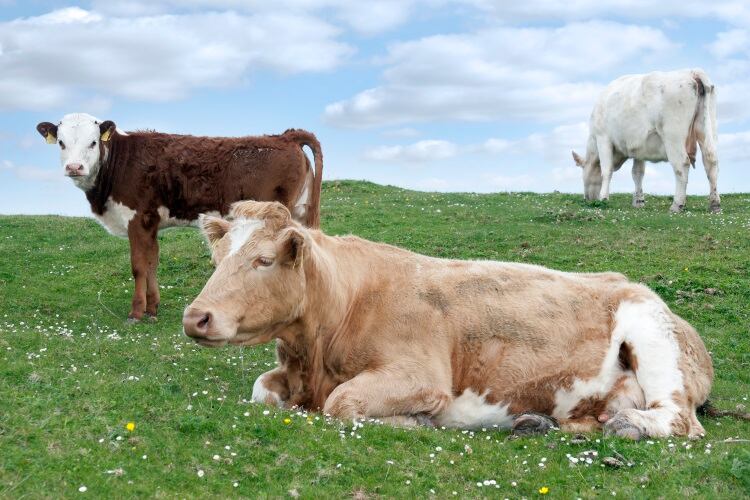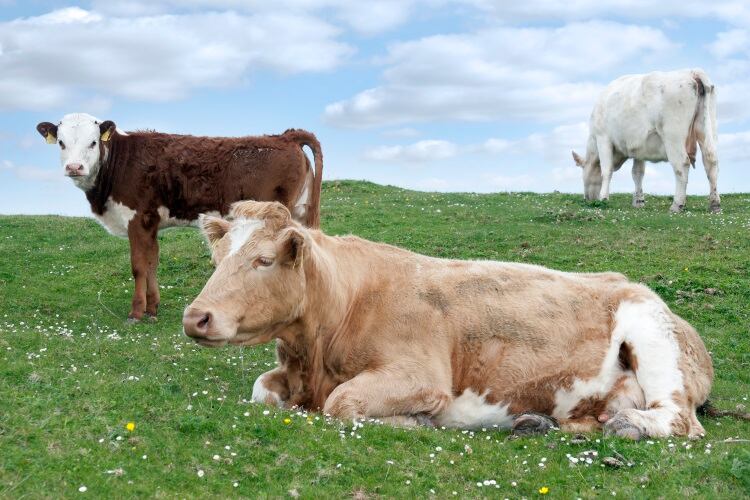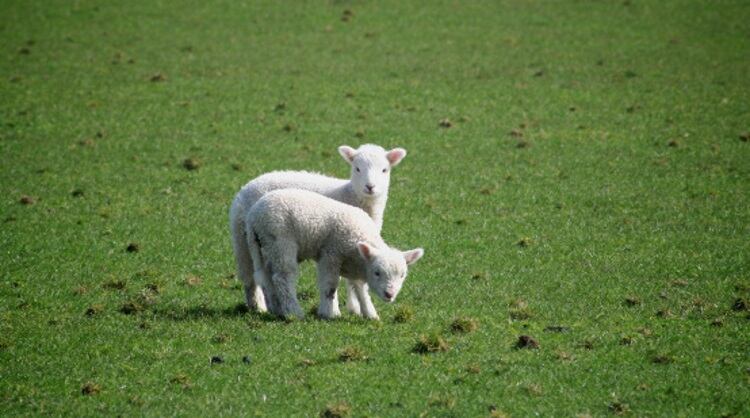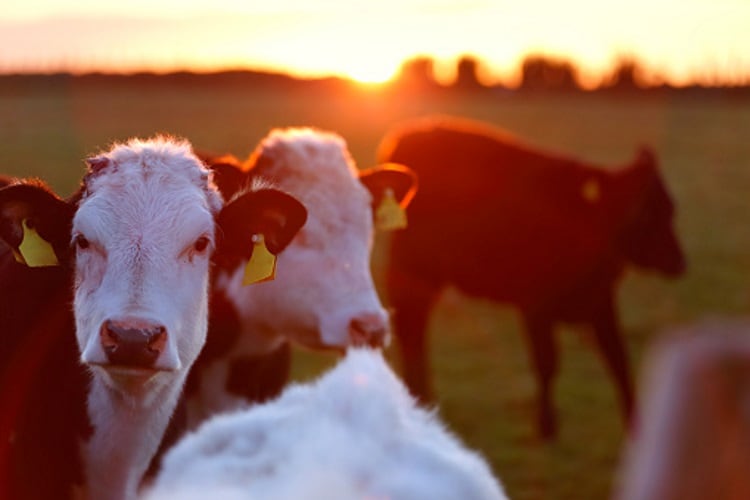In a report published by the Climate Change Advisory Council (CCAC), three potential scenarios were outlined to reduce suckler cow numbers as a way of cutting greenhouse gas emissions.
Scenario A involves the suckler herd being reduced by 15% by 2030 with the dairy herd remaining at the 2018 level. CCAC projects that this reduction would result in total agricultural emissions being 19.2 million tonnes carbon equivalent in 2030, or 2.9% greater than 2005 levels and 1.7% below 2017 levels.
Scenario B also keeps the dairy herd at 2018 levels but reduces the suckler herd by 30% by 2030 which results in total agricultural emissions reaching 18.5 million tonnes carbon equivalent, or 0.9% below 2005 and 5.4% below 2017 levels.
In Scenario C, the dairy herd is again kept at 2018, however the suckler herd would be reduced to pre-Milk Quota levels. This would require a reduction of 479,000 cows, a 53% reduction relative to 2018. With this level of reduction in conjunction with stabilisation of the dairy herd at 2018 levels, total agricultural emissions are projected to reach 17.4 million tonnes carbon equivalent in 2030. This is 6.7% less than 2005 levels and 10.9% less than 2017 levels.
The CCAC advised that: “continued reduction of the suckler herd would make an important and cost-effective contribution to mitigation within the sector. The potential release of land from beef production could support alternative uses, raise farm incomes and reduce exposure of the sector to external market shocks”.
It suggested that the potential scenarios would help Irish farmers remain financially viable. “Accelerated decline in suckler cow numbers would be an important contribution to emissions reductions. Reductions should be facilitated by long-term and consistent supports and incentives to provide favourable environmental outcomes and alternative economic opportunities. When combined with the benefits of alternative land use, such measures could safeguard farm incomes in the long run and increase farmers’ financial security.”
On social media, Minister for Agriculture Food and the Marine Michael Creed said the CCAC report was “advisory and not government policy”.
Irish Farmers Association (IFA) national livestock chairman Angus Woods has described the proposals as “unacceptable, lazy and flawed”.
“Minister Creed is on record as saying there is no government agenda to cut the suckler herd. The Minister needs to make it clear that this report from the CCAC is not government policy, and that he will not be supporting it”.
“In a report commissioned by IFA in 2018, UCC Prof. Thia Hennessey calculated that a 50 % cut in the suckler cow herd would result in a €1.5bn reduction to national economic output, with up to 80% of the impact in western counties from Donegal to Kerry,” he said. “It is totally wrong and unfair of the CCAC to try and push all of the weight of climate change on top of the suckler cow herd. The Council ignores the hard work of suckler farmers in addressing climate change.”




